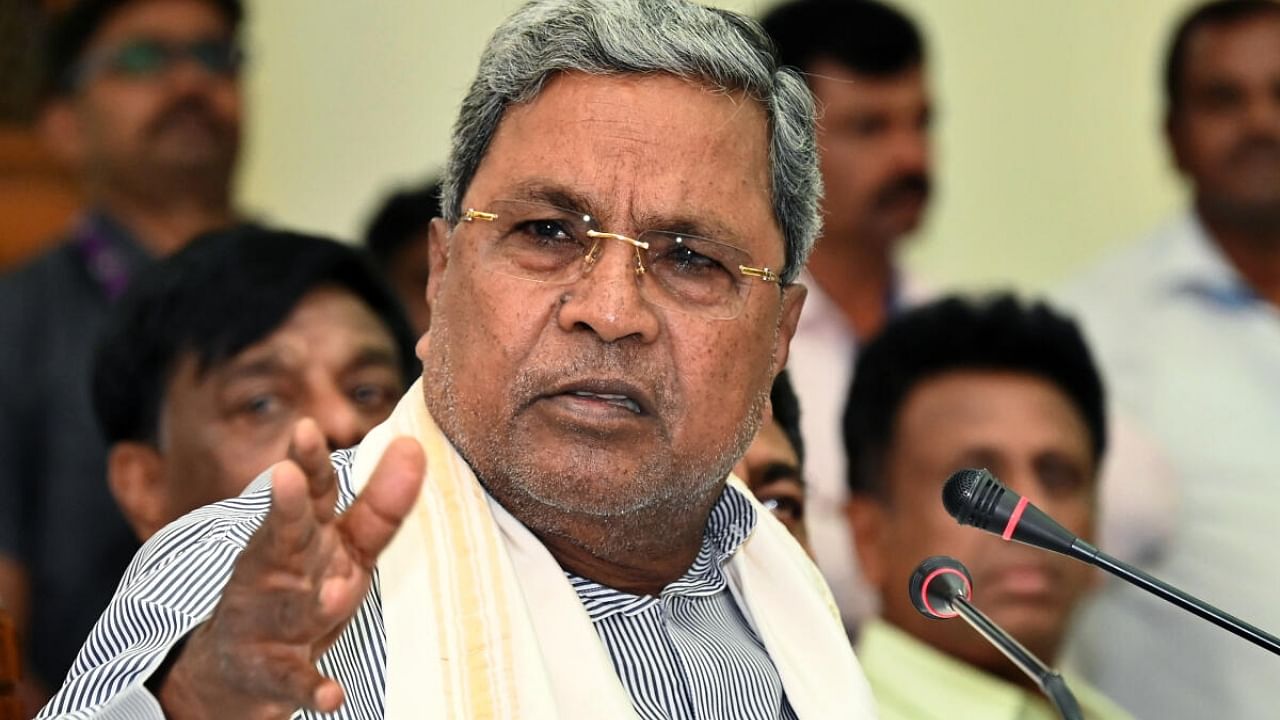
After playing the populist chief minister, Siddaramaiah, the finance minister, is considering scrapping ongoing schemes to “accommodate” the Congress’ five flagship guarantees in his July 7 budget.
The five guarantees will require “significant allocations” and “it would not be possible” to have new schemes requiring “greater fiscal resources”, a note issued by the Finance Department has said.
It is estimated that the Congress’ five guarantees, which helped the party ride to power, would require Rs 50,000-60,000 crore annually.
“It is also imperative to close many of the ongoing schemes to accommodate the new guarantee schemes,” the note issued by Additional Chief Secretary (Finance) I S N Prasad stated.
Departments have been asked to identify ongoing schemes that can be closed or “reduced in scope”. The Finance Department has pointed out that there are many schemes overlapping with those implemented by the Union government. “Hence, departments necessarily have to identify the non-priority ongoing schemes which can be dropped,” the note stated.
Apart from closing existing schemes, hiking liquor prices and borrowing loans are some options for Siddaramaiah, who will present his record 14th budget.
Siddaramaiah’s budget will replace the one that BJP’s Basavaraj Bommai presented in February, which is valid till July 31.
“For a partial budget of eight months, we are looking at Rs 40,000 crore that will have to be made available for the ‘guarantee’ schemes,” a senior finance department official said.
Cash-based schemes of the previous BJP government -- the state’s share in financial assistance to farmers under PM-KISAN and Bommai’s pet Raitha Vidya Nidhi scholarship -- can be cut. However, this runs the risk of antagonising farmers.
“There are also schemes worth Rs 25-100 crore. There is no point in doing such small schemes,” the official said.
Bommai wanted to borrow Rs 77,750 crore this fiscal while estimating Karnataka’s total outstanding debt at 24.2 per cent of the GSDP, dangerously close to the 25 per cent limit under the law.
While levying an additional excise duty to raise liquor prices is an option to mop up revenues, the government is mindful of not paving the way for bootlegging. Hiking revenue targets for Stamps & Registration Duty and motor vehicles tax are other avenues. Sales tax on fuel is another option, but one that may not make political sense given the Congress’ campaign against price rise.
